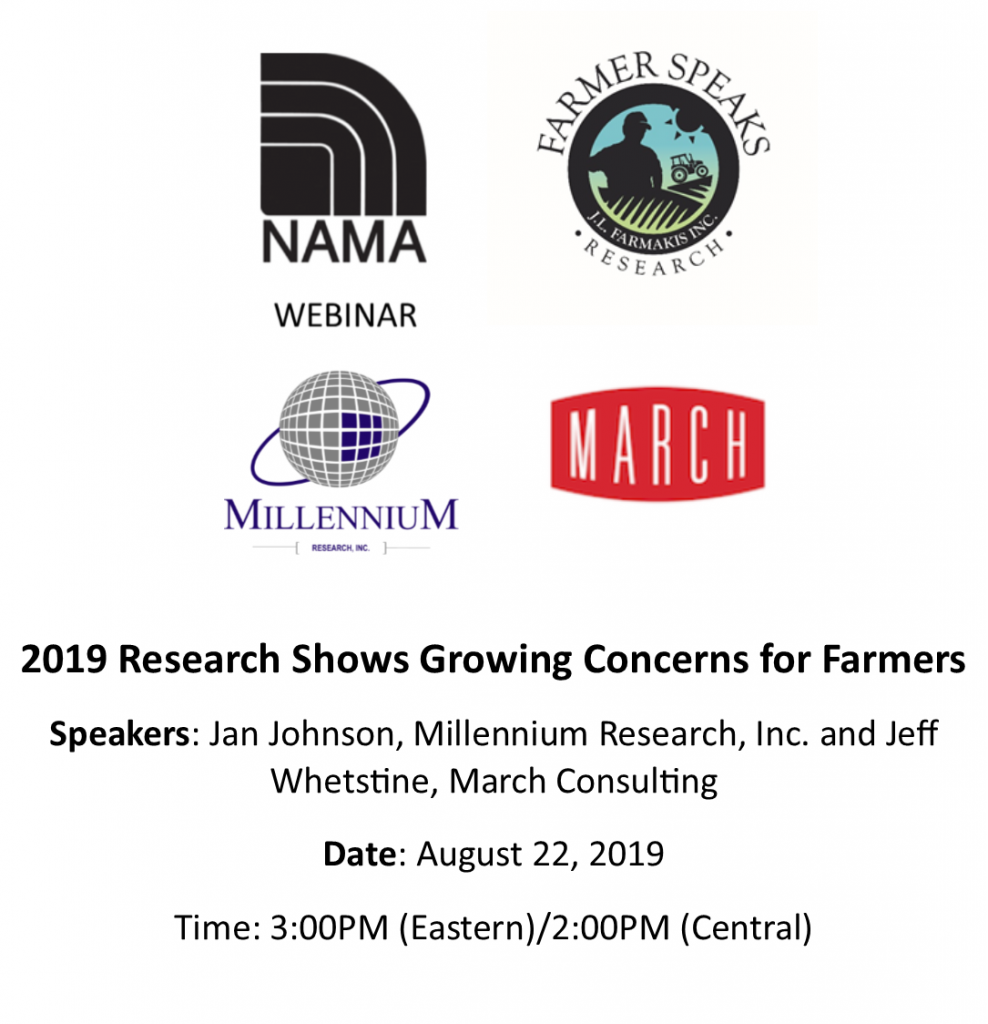“I will not be planting this year.”
That’s the response I received to my request for some field information on a new project we have going right now.
He ended with “Thank you.”
It broke my heart. In those simple seven words, a man says his reason for being will not be satisfied this year. His lifetime of work, of achievement, of small, hard-won steps forward toward his ultimate destination – well, that trip is sidelined this year. Of his 40 to 50 opportunities to do what he does, to put the agronomic pieces together in a new and different way, this one has been taken away. He’ll never get that back.
And so, as we read headlines that say corn planting is the slowest it has ever been, that record floods are hitting Arkansas, that devastating tornadoes have moved through Missouri and Ohio, that flooding and tornadoes have swept through Oklahoma, I remember that just yesterday there was too much corn and too many soybeans, and farmers were shaking their heads as the financial projections showed “potential income did not exceed known expenses.”
The combination of forces this year are indeed “a perfect storm” in the very worst way. Let’s remember for every bad ag headline out there, there are hundreds, if not thousands, of farmers and farm families experiencing a devastation few of us can fathom. And they will put all their pain in seven words, or as in a tweet from @deadmallard, just five: “Total crop loss this year.“
For many on the farm, the strength to go on in times like these comes from just one word: “Pray.”
Please say a prayer for US farmers and farm families today.

The Farmer Speaks study is designed to monitor the changing attitudes of farmers. It showed in 2019 important trends that would impact the market. The study has predicted further “belt tightening” among growers and adoption of technologies viewed by farmers as necessary for production. Farmers indicated they were seeking any and all sources of financing for 2019 and steady demand for the latest traited seed varieties.
I will be joined by Jeff Whetstine, March Consulting, to explain the importance of tracking trends and how the Farmer Speaks study can provide an early indication of shifting attitudes and behaviors over time. We will discuss the results of the survey, how the trends are tracking, and how developments like Midwestern flooding, delayed planting, and the trade war are impacting growers since the study was fielded.


Trackbacks/Pingbacks